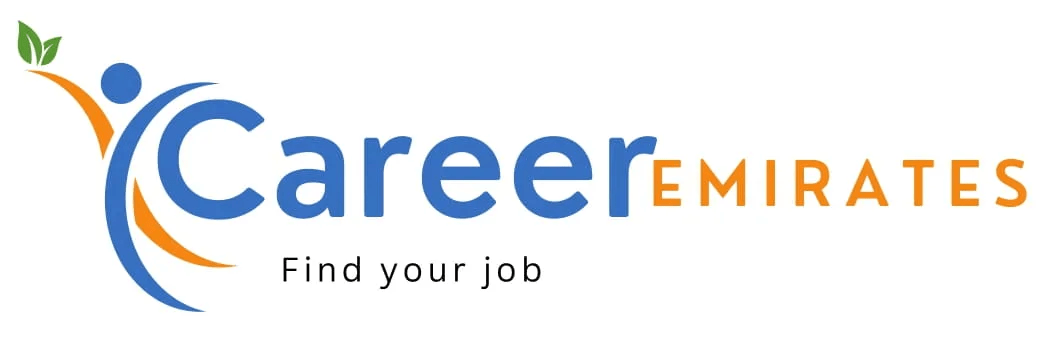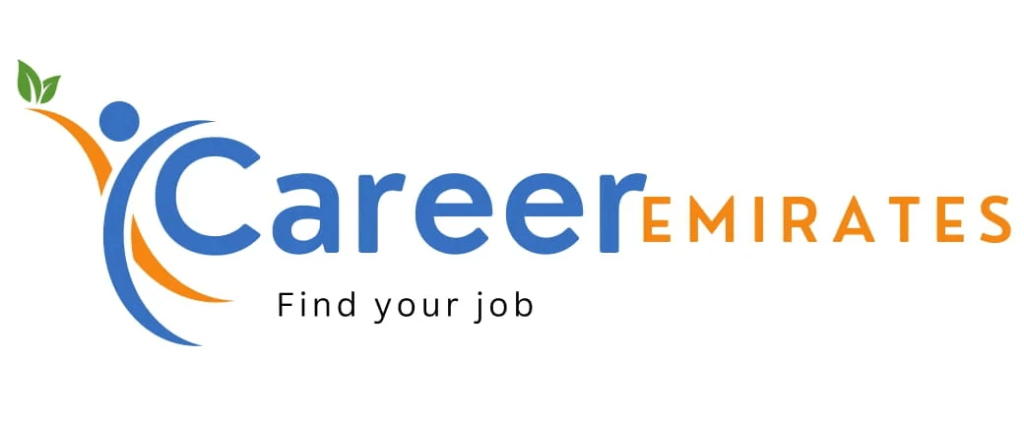yamet69083
About Company
Strategies for Success in Nursing Academic Programs
Nursing education is widely recognized as both rigorous and highly demanding, requiring students to master theoretical knowledge while gaining practical experience in clinical settings. For those pursuing a Bachelor of Science in Nursing (BSN), balancing lectures, lab work, clinical rotations, and assignments can be overwhelming. To navigate this demanding curriculum, many students turn to BSN class help. This support provides structured guidance and resources designed to improve understanding, manage workload efficiently, and strengthen academic performance. By leveraging such assistance, students can approach their studies with confidence, ensuring they meet deadlines and develop the competencies necessary for successful nursing practice.
BSN Class Help allows students to access personalized support tailored to their individual learning needs. Nursing programs often cover complex subjects such as pathophysiology, pharmacology, patient assessment, and healthcare policy. For many learners, comprehending and retaining this information requires more than independent study. With class assistance, students receive explanations, study strategies, and examples that clarify difficult concepts. Additionally, targeted guidance helps learners develop critical thinking skills, enabling them to analyze case studies and apply theoretical knowledge effectively. This approach ensures a deeper understanding of the material, better preparation for exams, and improved overall academic outcomes.
Time management is another crucial benefit of BSN class support. Nursing students frequently juggle multiple assignments, clinical documentation, and practical examinations concurrently. Structured guidance helps prioritize tasks, create efficient study schedules, and ensure that assignments are submitted on time. By reducing the stress associated with tight deadlines, students can dedicate more energy to mastering clinical skills and participating in hands-on learning experiences. Over time, these skills also cultivate discipline, organization, and resilience—qualities that are essential in both academic and professional nursing settings.
Moreover, engaging with BSN class help promotes independence and self-directed learning. While the guidance provides structure, it also encourages students to take ownership of their education. Learners gain strategies for studying, researching, and applying knowledge that can be used throughout their academic journey and into their professional careers. This combination of support and autonomy prepares students to face challenges with confidence, ensuring they are not only academically competent but also capable of delivering safe, evidence-based patient care in clinical environments.
Writing is a critical component of nursing education, and the ability to articulate ideas clearly and accurately is essential for academic success. Nursing paper writers serve as valuable resources for students who struggle with research, organization, or academic writing standards. These professionals offer expertise in crafting high-quality, evidence-based papers that meet rigorous academic and professional criteria. By collaborating with nursing paper writers, students can produce assignments that are well-structured, thoroughly researched, and free of plagiarism, while also gaining insight into effective writing strategies that enhance their learning.
The nursing paper writers assist students at every stage of the writing process. They help develop thesis statements, outline key arguments, conduct literature reviews, and organize content logically. Their expertise ensures that papers adhere to academic standards, including APA formatting and proper referencing of sources. Additionally, these writers bring knowledge of current healthcare research, allowing students to incorporate accurate and relevant evidence into their work. By receiving guidance from professional writers, students improve not only the quality of their assignments but also their academic writing skills, research abilities, and critical thinking.
One of the greatest advantages of working with nursing paper writers is the assurance of accuracy and originality. Nursing assignments often require precise interpretation of evidence, critical evaluation of research studies, and application of theoretical knowledge to clinical practice. Experienced writers ensure that students’ papers meet these expectations while providing proper citations and references. This attention to detail helps students submit assignments that demonstrate professionalism, analytical capability, and scholarly integrity. Furthermore, observing professional writing methods equips learners with practical skills they can apply to future coursework and professional documentation tasks.
Collaboration with nursing paper writers also alleviates the pressure of time constraints and heavy workloads. Nursing students frequently face multiple assignments alongside clinical duties, leaving limited time for in-depth research and writing. Utilizing professional support allows learners to manage their responsibilities effectively, ensuring timely submission of high-quality work. This partnership promotes both academic success and stress reduction, enabling students to focus on clinical training and experiential learning. Ultimately, working with skilled writers fosters confidence, enhances academic performance, and reinforces essential professional competencies.
NURS FPX 4000 Assessment 1 is an introductory yet significant component of the BSN program. It is designed to cultivate foundational skills in research, critical thinking, and evidence-based practice. The assessment typically requires students to analyze healthcare issues, evaluate scholarly literature, and apply nursing theories to practical scenarios. By completing this assignment, students develop the ability to critically assess information, structure academic papers effectively, and communicate findings with clarity. NURS FPX 4000 Assessment 1 plays a crucial role in shaping a student’s academic and professional trajectory, ensuring readiness for advanced nursing coursework.
Students often encounter challenges with nurs fpx 4000 assessment 1 due to its combination of research, analysis, and writing requirements. Integrating multiple sources, synthesizing findings, and presenting arguments coherently can be demanding. Academic support can guide students through these challenges by helping organize research, select credible references, and ensure that ideas are clearly articulated. This guidance enables learners to approach the assignment systematically, resulting in improved comprehension, higher-quality submissions, and strengthened critical thinking skills.
The assessment emphasizes effective communication and scholarly expression. Writing academic papers that accurately convey complex concepts prepares students for professional documentation in clinical practice. NURS FPX 4000 Assessment 1 encourages learners to analyze evidence, draw logical conclusions, and present recommendations in a structured manner. Through practice and feedback, students refine their writing abilities, develop precision in their arguments, and gain confidence in conveying professional insights. These skills are transferable to multiple facets of nursing practice, including patient documentation, care planning, and interdisciplinary collaboration.
Additionally, NURS FPX 4000 Assessment 1 promotes reflective learning. Students evaluate their own knowledge gaps, consider alternative perspectives, and identify areas for improvement. This reflective approach strengthens analytical skills and fosters a proactive mindset essential for lifelong learning in nursing. By engaging with research and evidence-based practices, learners build the foundation for informed decision-making, critical thinking, and professional development throughout their nursing careers.
NURS FPX 4055 Assessment 4 challenges students to examine healthcare systems, evaluate patient outcomes, and demonstrate leadership competencies. The assignment emphasizes evidence-based strategies to improve care quality and enhance organizational efficiency. By completing this assessment, students learn to integrate theoretical knowledge with practical problem-solving, preparing them for leadership roles within healthcare teams. The assignment cultivates skills in decision-making, collaboration, and process improvement, which are essential for advanced nursing practice and effective patient care.
The nurs fpx 4055 assessment 4 requires students to analyze data, identify system-level challenges, and propose solutions that align with best practices. Academic support can assist students in interpreting findings, structuring their arguments, and developing actionable recommendations. By gaining proficiency in these areas, learners not only succeed academically but also develop critical thinking skills applicable in real-world clinical settings. This preparation ensures that nursing graduates are capable of contributing meaningfully to healthcare improvements and patient safety initiatives.
NURS FPX 4055 Assessment 4 also highlights the importance of leadership in nursing practice. Students are encouraged to apply principles of ethical decision-making, team coordination, and quality improvement to healthcare scenarios. By exploring these concepts in a structured assignment, learners develop the ability to influence patient care positively, foster collaboration among healthcare professionals, and implement strategies that promote efficiency and safety. Leadership skills gained through this assessment are essential for nurses aspiring to supervisory or managerial positions in clinical environments.
Successfully completing NURS FPX 4055 Assessment 4 strengthens students’ understanding of evidence-based practice and healthcare evaluation. It encourages them to reflect on organizational processes, assess the impact of interventions, and consider innovative solutions. This critical analysis prepares learners for future challenges, fostering a mindset of continuous improvement and professional growth. Ultimately, the assignment reinforces the integration of theory, research, and practical application, a combination central to nursing excellence.
NURS FPX 4035 Assessment 2 focuses on ethical practice, patient-centered care, and cultural competence. The assignment requires students to evaluate ethical dilemmas, consider patient diversity, and apply professional standards to clinical scenarios. By engaging with these concepts, learners enhance their ability to make informed decisions that uphold patient rights, safety, and well-being. NURS FPX 4035 Assessment 2 also promotes self-reflection, encouraging students to examine personal values, biases, and professional responsibilities.
Ethical reasoning is a core component of this nurs fpx 4035 assessment 2. Students must navigate complex situations where competing interests or moral dilemmas arise. Guidance in understanding ethical frameworks and professional codes of conduct helps learners respond to challenges with integrity and professionalism. Through this process, students develop critical thinking, accountability, and confidence in their decision-making abilities, all of which are essential qualities in nursing practice.
Cultural competence is another key focus of NURS FPX 4035 Assessment 2. Nurses frequently interact with patients from diverse backgrounds, requiring awareness of cultural beliefs, communication preferences, and healthcare expectations. This assessment encourages students to integrate cultural sensitivity into their care approach, ensuring equitable and respectful treatment. By developing these skills early in their education, nursing students are better prepared to provide inclusive care that meets the needs of varied patient populations.
Finally, NURS FPX 4035 Assessment 2 reinforces professional responsibility and patient advocacy. Students learn to uphold ethical principles, respect patient autonomy, and prioritize the delivery of safe and effective care. Through critical reflection and applied learning, this assignment strengthens moral reasoning, empathy, and accountability. These attributes are essential for cultivating competent, compassionate, and culturally aware nursing professionals who are capable of delivering high-quality care in diverse healthcare settings.


